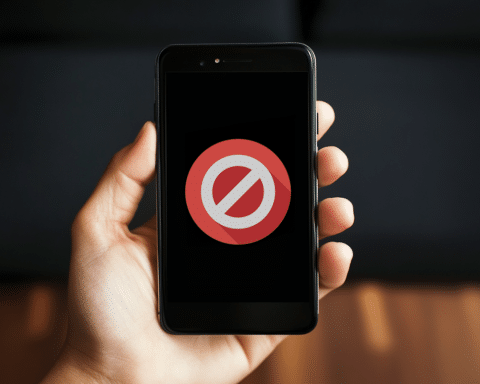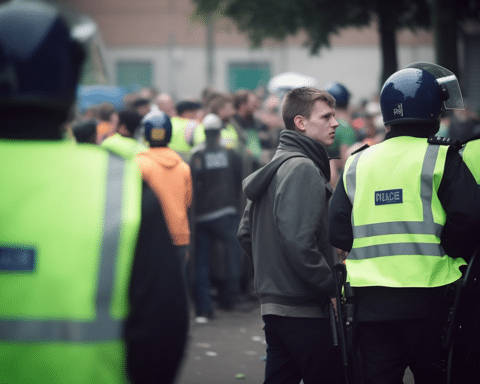A federal judge in Brazil partially lifted the suspension on the Telegram messaging app after it failed to surrender data related to neo-Nazi activity. However, the judge maintained a daily fine of $1 million reais for Telegram’s refusal to provide the data.
The app was suspended in the country after the police ordered Telegram to provide details on members of a channel linked to a school shooting case in November 2022.
The judge stated that a complete suspension of Telegram was not reasonable, as it affects the freedom of communication of thousands of people who are unrelated to the investigation. The messaging app has millions of users in Brazil, and the suspension caused significant inconvenience to those who rely on the platform for personal and business communication.
Telegram Founder and CEO Pavel Durov claimed that compliance with the police order was “technologically impossible.” Durov also emphasized that the company’s mission is to protect privacy and free speech. As a result, the company is appealing the Brazil-wide ban.
Brazil’s Battle Against School Violence and Social Media
Brazil has been grappling with a wave of school attacks, and the federal government is striving to stamp out school violence with a particular focus on the influence of social media. Officials believe that social media platforms are being used to radicalize and recruit individuals for violent acts.
The police were investigating a channel on Telegram that they suspected was being used to plan and coordinate the school shooting in November 2022.
Telegram was instructed by the police to disclose details about the members of the channel, which encompassed their names, tax identification numbers, profile images, banking information, and registered credit card details.
Telegram’s Troubles with Governments
Despite being banned by governments such as Iran, China, and Russia, Telegram has been able to continue operating in those regions, including Russia where it has managed to coexist with the Kremlin despite its restrictions on free speech and Western media.
Telegram’s founder, Pavel Durov, has been a vocal advocate for privacy and free speech, and the company has a reputation for being one of the most secure messaging apps available.
Telegram’s appeal against the Brazil-wide ban is likely to be closely watched by other governments around the world. It could set a precedent for how tech companies respond to government demands for user data, particularly in countries where privacy and free speech are at risk.
So, the partial lifting of the suspension on the Telegram app in Brazil is a positive development for users of the platform. However, the continued fine for non-compliance with the police order sets a potentially dangerous precedent for tech companies operating in the country.
The case also highlights the growing tension between governments and tech companies over issues related to privacy and free speech.




